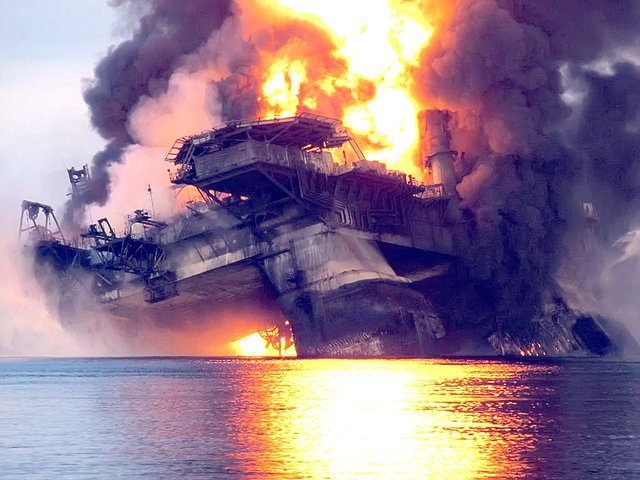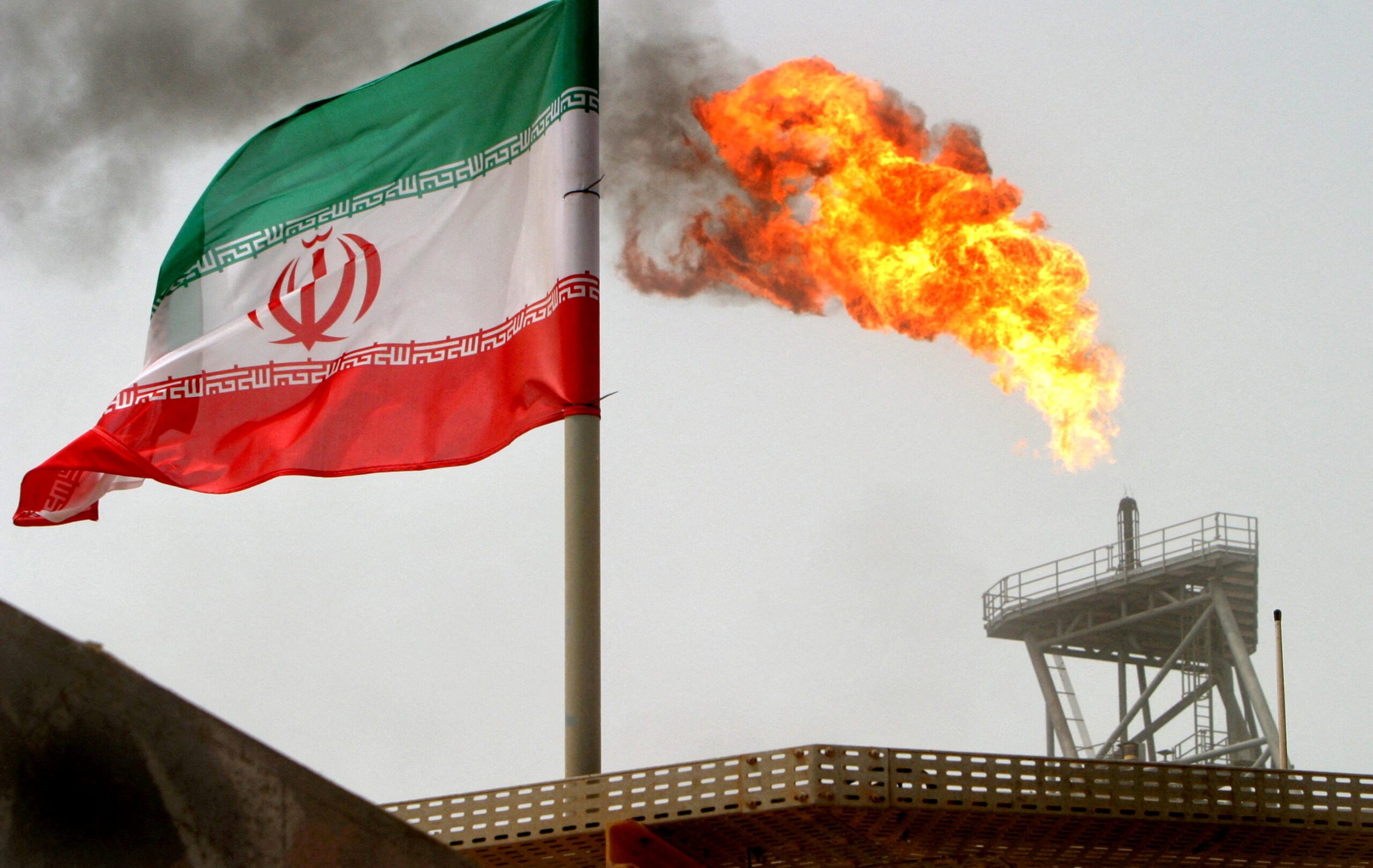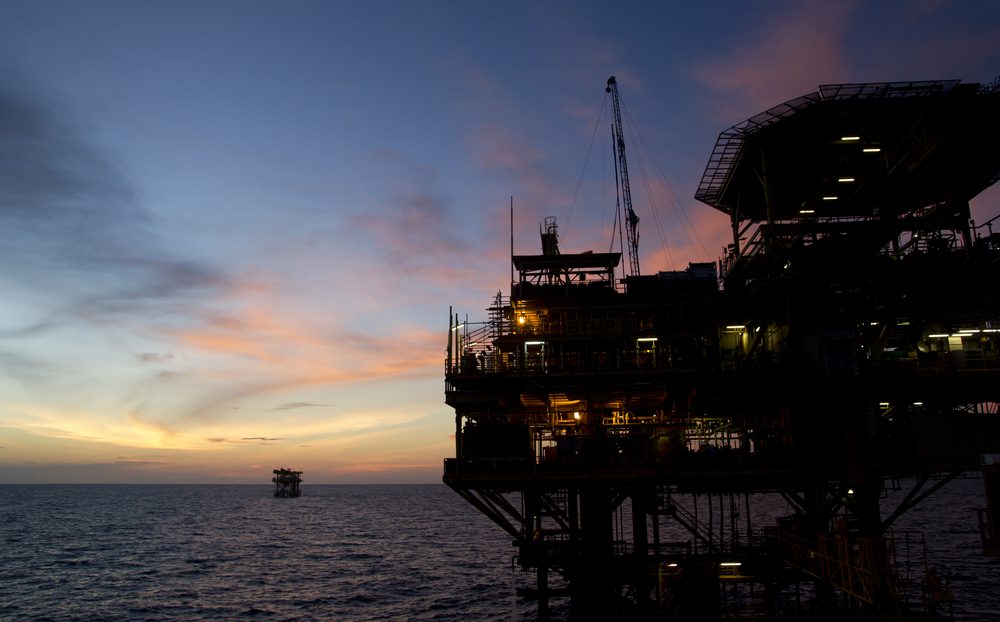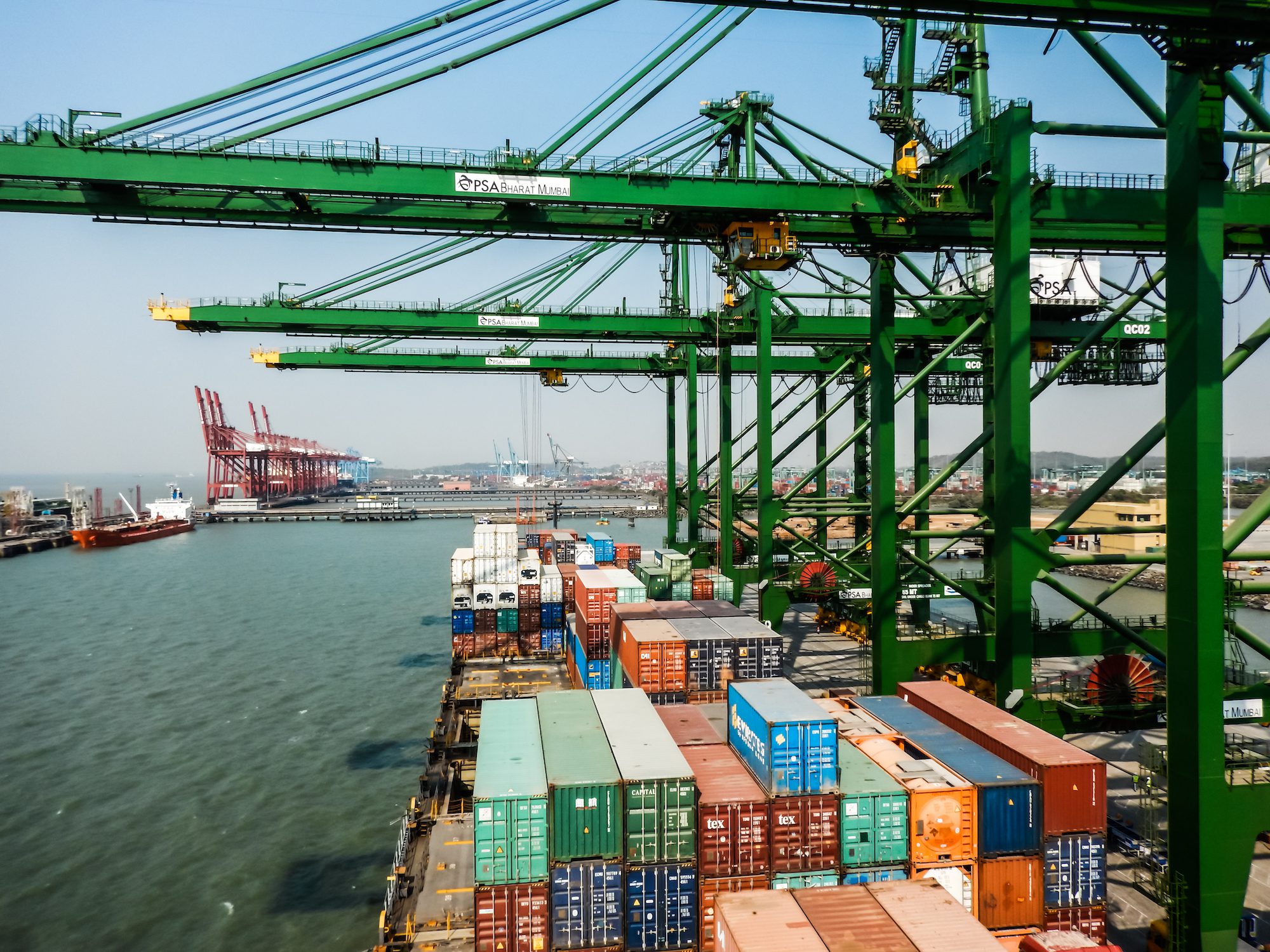Deepwater Horizon on fire in the Gulf of Mexico, April 21, 2010. File photo.
By Jef Feeley and Laurel Brubaker Calkins
March 21 (Bloomberg) — Anadarko Petroleum Corp. officials urged BP Plc to drill deeper into the Gulf of Mexico well that caused the worst offshore oil spill in U.S. history even after BP warned that doing so would be unsafe.
A BP executive and a geologist working on the Macondo well rejected Anadarko’s urging to deepen the well, according to e- mails sent the week before the April 2010 deep-sea blowout. BP officials said in the e-mails, unsealed this month in lawsuits over the spill, that the well’s condition “provided for little to no margin to continue drilling” safely. Justice Department lawyers are asking U.S. District Judge Carl Barbier in New Orleans to consider Anadarko’s e-mails as proof the Texas-based oil explorer was involved in day-to-day monitoring and decisions at the Macondo well when he calculates a potentially multibillion-dollar pollution fine against the drilling partners.
Anadarko, which owned a 25 percent stake in the Macondo well off the Louisiana coast, contends it was a passive investor and can’t be held liable for pollution fines from the spill, which sent more than 4 million barrels of oil spewing into the Gulf of Mexico, closing fisheries and tainting shorelines from Texas to Florida.
Barbier is scheduled at a hearing today to get an update on the scope of a trial over the size of potential pollution fines against BP and Anadarko. The trial may take place this year.
Pollution Penalties
The spill sparked thousands of lawsuits against London- based BP and Anadarko, as well as Transocean Ltd., the owner of the Deepwater Horizon drilling rig that burned and sank, killing 11, and Halliburton Co., which provided cement services for the well.
John Christiansen, an Anadarko spokesman, declined to comment on the e-mails other than to refer to the company’s annual report filed Feb. 28. Given its “lack of direct operational involvement” and Barbier’s ruling that it wasn’t negligent during the drilling operation, The Woodlands, Texas- based company said it believed its exposure to penalties under the Clean Water Act wouldn’t materially affect it.
“The company currently cannot estimate the amount of any such penalty nor determine a range of possible loss,” Anadarko said in the report.
Barbier is weighing whether BP, Transocean and Halliburton were grossly negligent in their work on the well. For BP, such a finding could mean more than $17 billion in environmental fines.
Settlement, Plea
Those penalties would be on top of the $9.2 billion settlement of most private-party lawsuits that BP reached in 2012. Anadarko paid BP $4 billion to resolve its share of liability for those suits. BP pleaded guilty to 11 counts of felony seaman’s manslaughter, two pollution violations and one count of lying to Congress in connection with the spill. It agreed to pay $4.5 billion in related criminal and civil penalties.
While Barbier has concluded Anadarko wasn’t negligent in connection with the Macondo drilling operations, the company remains potentially liable for spill damages and penalties under the Oil Pollution Act and the Clean Water Act. The government points to the unsealed e-mails as proof Anadarko played an active role in assessing the well’s safety and performance.
After urging BP to deepen the well the week before the blowout, Anadarko agreed to a drilling halt, according to the e- mails. “In the event BP concludes it is safe and prudent to continue drilling,” Anadarko said it “would not oppose BP doing so.”
Brainstorming Managers
Anadarko managers continued to brainstorm about how to persuade BP to deepen the well in the future, according to the e-mails.
The internal communications “demonstrate how intimately Anadarko monitored the drilling of the Macondo well; how it failed to take any precautions despite BP’s notorious prior safety and environmental problems; and how it failed to make inquiries at critical junctures,” government lawyers said in a court filing.
The internal files will make it difficult for Anadarko to continue portraying itself as a silent investor in the Macondo site, David Uhlmann, a University of Michigan law professor and former head of the Justice Department’s environmental crimes division, said in a phone interview.
“Anadarko was more than just a passive investor and therefore is going to be required to pay substantially more to settle its liability for the spill,” Uhlmann said, based on the e-mails. “The fact that Anadarko may pay more, however, does not mean that BP will pay less. Each company will be penalized based on its culpability.”
Transocean Deal
Transocean, which handled drilling operations at the well, agreed to pay the government $1 billion to resolve its spill liability under the Clean Water Act. Anadarko could be facing a similar fine based on the unsealed e-mails, Uhlmann said.
The third partner in the Macondo well, Mitsui & Co.’s MOEX Offshore 2007 LLC unit, paid BP more than $1 billion to resolve spill-damage claims stemming from its 10 percent ownership stake. It paid the government $90 million to resolve all state and federal pollution claims from the spill.
Uhlmann said the size of MOEX’s environmental fine was linked to its status as a true silent partner in the Macondo well.
In other e-mails, Anadarko employees discussed technical aspects of the well while drilling proceeded and expressed worries about BP’s safety record.
Two weeks before the blowout, Anadarko’s lead geologist on the project e-mailed a fellow employee that Macondo was still having “well-control issues” and leaking “6.3 barrels of mud every 2 minutes” into the underground formation. Drilling mud is used to lubricate and control pressure within the well.
“Yikes, that sounds like a lot,” the colleague replied.
Anadarko Doubts
The day after the explosion aboard the Deepwater Horizon, an Anadarko manager messaged coworkers who were discussing the company’s stake in BP’s well.
“I tell you, BP is up s__t creek; between the Texas City refinery fire, the Alaska pipeline leak, Thunderhorse almost sinking –- not sure I would partner with them anymore,” the supervisor said in the e-mail.
BP admitted responsibility for the March 2005 explosion at its Texas City plant, which killed 15 and injured hundreds at BP’s largest refinery. The company, which has denied it intentionally endangered workers at the facility, paid more than $2 billion to settle lawsuits stemming from the incident plus a $50 million pollution fine.
Alaska Spill
In 2006, BP’s Alaskan pipeline spilled about 200,000 gallons of oil at Prudhoe Bay. The company pleaded guilty to a misdemeanor pollution violation and paid a $20 million fine to settle state and federal criminal claims.
Production at BP’s Thunderhorse floating oil and gas platform, one of the Gulf of Mexico’s largest, was delayed for about two years after Hurricane Dennis left the structure listing to one side in 2005.
The U.S. is urging Barbier to calculate Anadarko’s fine for the 2010 spill at the maximum rate of $4,300 for each barrel, and only consider a lower rate if he determines there were extenuating factors. Clean Water Act penalties aren’t pro-rated based on fractional ownership of an oil well under the law.
“Anadarko on several occasions encouraged BP to drill deeper despite the risks” and that should expose the company to additional liability for environmental fines, the government’s lawyers said in a filing.
‘Zero’ Fines
Anadarko is asking Barbier to rule that the company should pay “zero” environmental fines and to reject the government’s arguments that the e-mails show it had input into drilling operations. While Anadarko concedes in court papers that it approved Macondo’s well design and drilling expenditures and had “limited access to certain forms of operational data,” that doesn’t mean it had “operational control” of the site “or contributed to the discharge.”
Geoff Morrell, a BP spokesman, didn’t immediately respond to an e-mail after regular business hours yesterday seeking comment on the Anadarko e-mails.
Anadarko shouldn’t be able to escape liability for pollution fines for a well for which it had a financial interest, Raleigh Hoke, a spokesman for the Gulf Restoration Network, based in New Orleans, said in a phone interview.
“All the parties responsible for the blowout of the Macondo well and the resulting environmental damage should have to pay their fair share of the costs of addressing the problems caused by this disaster,” Hoke added.
The cases are BP Exploration & Production Inc. v. Watts, 13-cv-06674 and In Re: Oil Spill by the Oil Rig Deepwater Horizon in the Gulf of Mexico on April 20, 2010, MDL-2179, U.S. District Court, Eastern District of Louisiana (New Orleans).
To contact the reporters on this story: Jef Feeley in Wilmington, Delaware at [email protected]; Laurel Brubaker Calkins in Houston at [email protected] To contact the editors responsible for this story: Michael Hytha at [email protected] Peter Blumberg
Copyright 2014 Bloomberg.

 Join The Club
Join The Club











